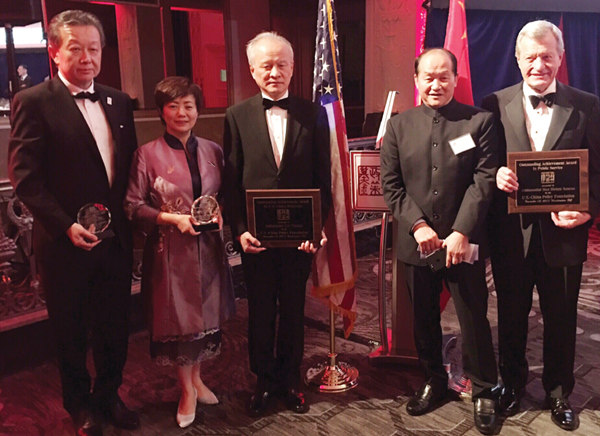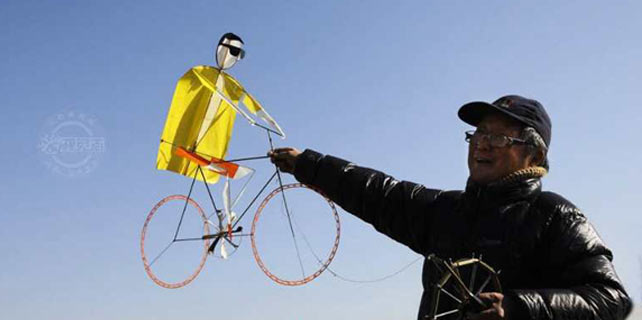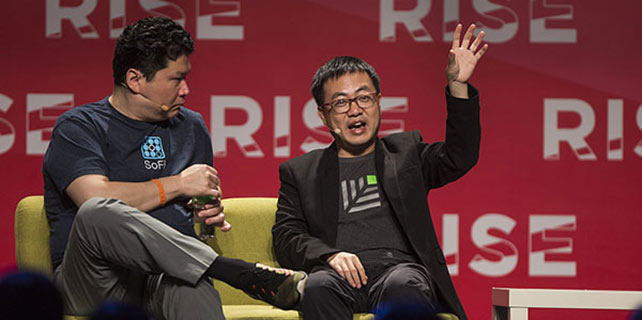China's top envoy in US blasts critics of trade
 |
|
The 2017 honorees of The US-China Policy Foundation pose for a group photo at the 22nd Anniversary Gala Dinner in Washington on Wednesday evening. From left: Hongyi (Charlie) Jiang, chairman and CEO of China-US Sky Club; Stella Li, president of BYD Motors Inc; Cui Tiankai, Chinese ambassador to the US; Zhou Zhixing, honorary dinner chair; and Max Baucus, former US senator and ambassador to China. YUAN ZHANG / CHINA DAILY |
'Long and impressive list' is result of 'giant efforts' by both nations: Cui
Chinese Ambassador to the United States Cui Tiankai had some harsh words for those who criticized the achievements made between China and the US during US President Donald Trump's first state first visit to China last week.
While some believe the economic outcome of the visit was below their expectations, Cui said $250 billion is not a small number, referring to the bilateral trade and investment deals signed during Trump's Nov 8-10 visit to Beijing.
"Of course some of the deals will have to be implemented. But such a long and impressive list is the outcome of the giant efforts of two governments and two business communities," Cui told a crowd of mostly experts of US-China relations at the gala dinner of the US-China Policy Foundation in Washington on Wednesday.
"As long as there is sufficient political will, they will be implemented, and will benefit our two peoples."
Cui said that some people may believe that it's their job in the government to fight with other people over trade disputes.
"But I would suggest that it's their responsibility to build a strong and stable economic relationship between our two economies," he said.
China has expressed deep dissatisfaction over the US government's initiation in August of a Section 301 investigation into China's policies and practices of intellectual property, using what is widely deemed the outdated US Trade Act of 1974 that is inconsistent with the principles of the World Trade Organization.
China also has protested the US decision late last month to impose anti-dumping duties on Chinese aluminum foil.
"Indeed, we all owe it to our people that their aspiration for a better life will not be affected by any trade war, or any short-sighted, narrow-minded political schemes," he said.
Cui, who has served in his current post since April 2013, suggested people who made accusations of US-China relations to study elementary economics, such as the concept of comparative advantage, the virtues of competition, the international production chain, the value-added chain, and fundamental change in the global economic structure.
Most economists believe that the bilateral trade deficit, which Trump complained about for a long time, does not matter. They believe the deficit has more to do with US domestic fiscal policy.
Joseph Gagnon, a senior fellow at the Peterson Institute for International Economics in Washington, said that economists broadly agree that trade barriers do not cause deficits.
"A country can have a trade deficit only if it is borrowing on net from the rest of the world. Trade barriers have only minor effects on borrowing and lending decisions," he wrote on the institute's website.
"Actually we learned all these things from our friends in the developed economies. But the problem today is that the preachers no longer believe in their own preaching," Cui said, a pointed word that is clearly aimed at the growing protectionism and anti-globalization sentiment in the West, including the United States.
chenweihua@chinadailyusa.com









